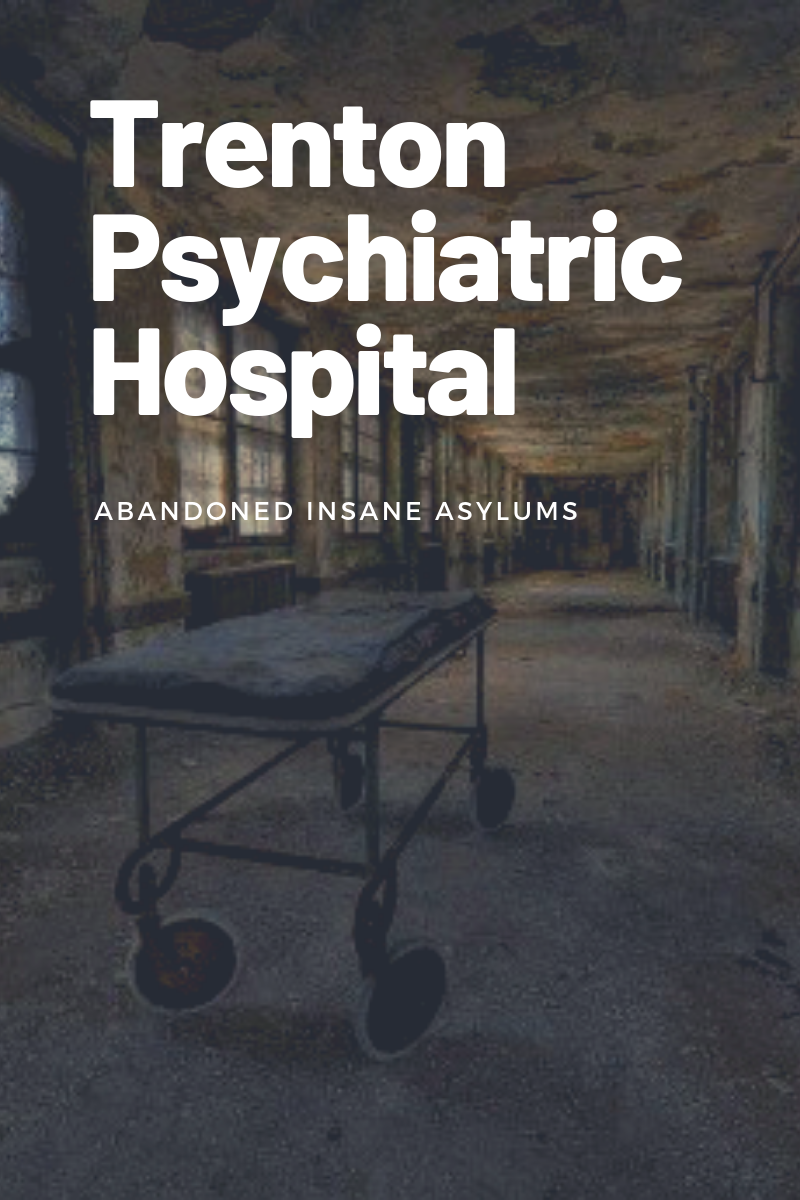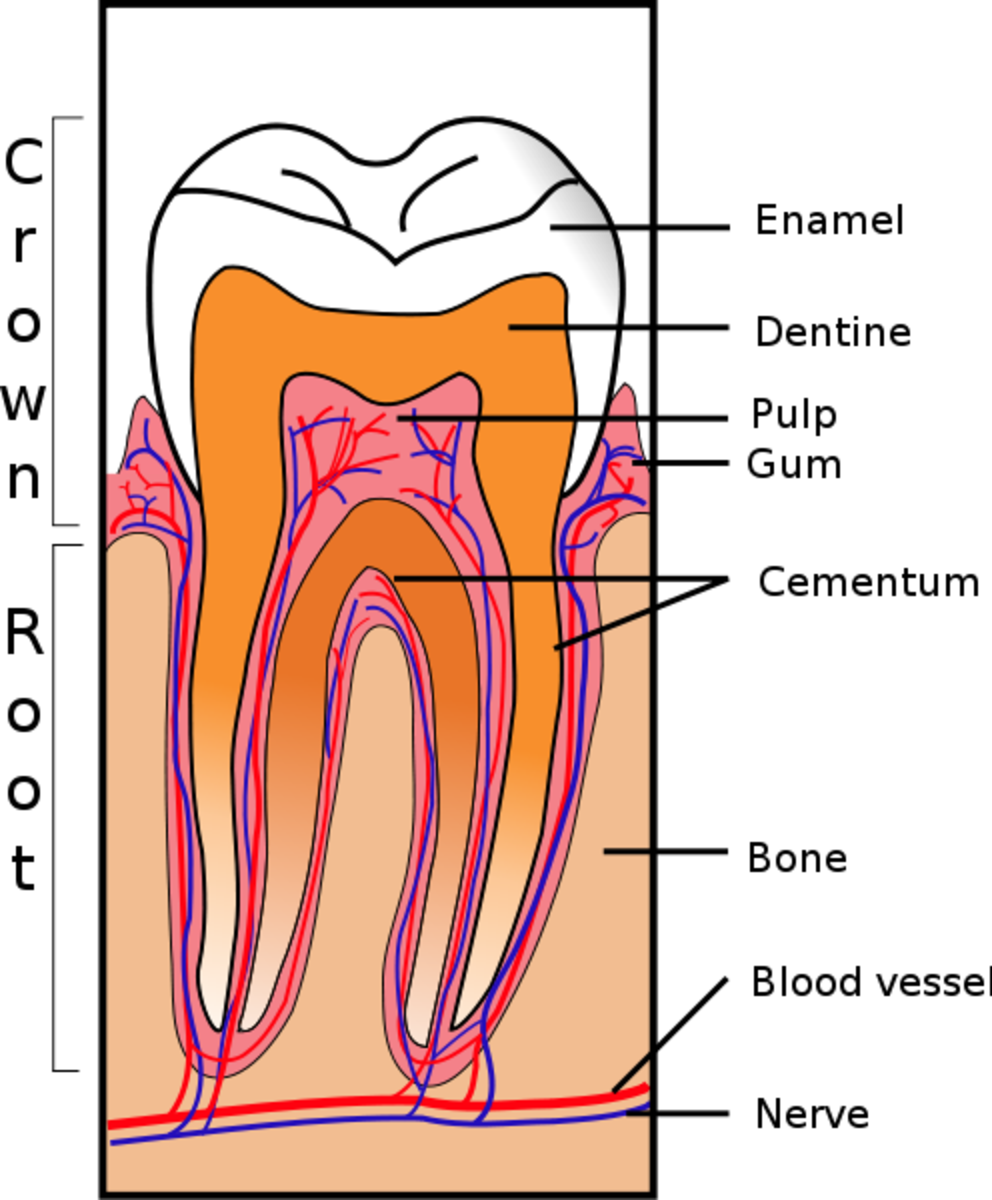Key Ethical Principles Governing the Psychiatric Profession
The following are the ethical principles directly relate to my POI:
Non-maleficence
According to this principle, nurse practitioners including Advanced Nurse Psychiatrists should endeavor to avoid causing harm to their patients as much as it is possible. It is the right of patients to receive Medicare that does not harm their health. In this respect, the practitioner is expected to ensure that the environment, circumstances and medication offered to the patient correspond to the highest safety standards to the best of his or her knowledge. This principle will work well in psychiatry and related field since it will help me in focusing on alleviating and preventing suffering for the mentally challenged patients (Gastmans, 2013).
Beneficence
According to this principle, all actions undertaken by health professionals should be aimed at benefitting the recipients. In my practice as an Advanced Nurse psychiatrist, I will ensure that whatever I do is of the benefit for the clients. My actions will entail transforming the thoughts, behaviors, relationships and experiences of patients, with an intent of relieving suffering. In addition, my therapeutic repertoire will comprise such actions as compassion, listening, caring and insistent intervention (Munyaradzi, 2012).
Justice
This principle stipulates that health professionals should endeavor to provide care in a fair and equitable manner (Runzheimer & Larsen, 2011). In the event that this principle is violated as in denial of access to specific individuals or groups, it causes an ethical issue for the APN. As an Advanced Nurse Psychiatrist, I will need to adhere to this principle by providing care to all patients irrespective of race, tribe, or status.
Ethical Framework that will direct My Advanced Nursing Practice
The ethical framework that I will rely on for my ANP specialty is Utilitarianism. This owes to the fact that the theory focuses on utility of actions in achieving the best actions while minimizing harm. With consideration that my intent is to reduce the side effects emanating from the use of psychiatric medication, the medication will of significance to my career in helping me to identify the best medication, and approach in such medication with no or low medication. Further, the selection of this framework as an ethical foundation for my psychiatry profession also owes to the legislated obligations of psychiatrists, especially in regard to management of risks, using the best possible means (Bloch & Pargiter, 2012). According to Welsh & Deahl, (2002), the legal imperatives for the psychiatry profession are naturally utilitarian and were triggered by political and social issues including individual and public safety.
Conclusion
Ethical principles are essential not only in nursing practice, but also in many other professions in ensuring safety, quality and improved service delivery. In my ANP specialty of psychiatry, the ethical principles of justice, beneficence and non-maleficence will be very critical particularly in addressing the side effects that emanate from administration of psychiatric medication. As I have already stated, my discipline will center on utilitarianism as the main framework of operation. This owes to the fact that this theory fully adheres to the moral philosophy in nursing and hence can help in addressing the ethical dilemmas that may be found in this profession.








